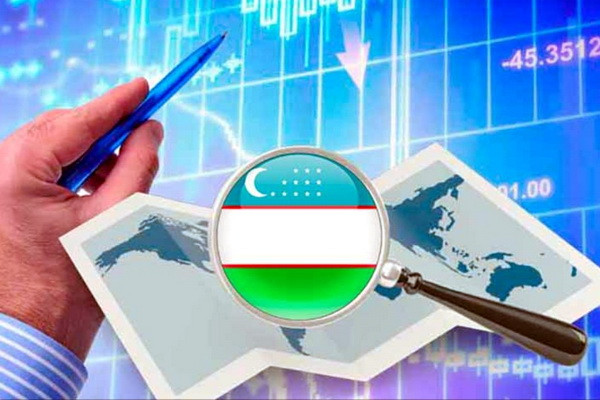
Uzbekistan Tops Talent Ranking in Central and South Asia
Uzbekistan Tops Talent Ranking in Central and South Asia
Tashkent, Uzbekistan (UzDaily.com) — Uzbekistan ranked 71st in the Global Talent Competitiveness Index (GTCI) 2025, outperforming neighboring countries and becoming the regional leader in Central and South Asia.
The annual ranking, compiled by the INSEAD business school together with the Portulans Institute, assesses the ability of 135 countries to develop, attract, and retain talent.
Classified in the second-lowest income group, Uzbekistan topped the regional ranking, ahead of Kazakhstan, which took 72nd place, and Kyrgyzstan, ranked 87th.
Uzbekistan also became the leader among lower-middle-income and middle-income countries, surpassing Jordan (74th) and the Philippines (75th). The country’s total score was 43.36—significantly higher than the average of 33.64 for its income group.
GTCI analysts note that Uzbekistan demonstrates relatively strong performance in talent retention as well as professional and technical skills. At the same time, the country needs to improve in areas related to talent development and socio-adaptive skills.
The report highlights Uzbekistan among countries highly effective in talent utilization: along with Tajikistan and Sri Lanka, it achieves notable results with minimal costs, efficiently leveraging human capital and innovation potential.
In terms of talent output indicators, Uzbekistan is comparable to higher-income economies such as Qatar, Oman, and China.
Overall, the Central and South Asia region continues to lag behind, falling behind even several Sub-Saharan African countries, reflecting broader challenges in building talent ecosystems.
Globally, high-income developed countries once again dominate the GTCI 2025 ranking. Singapore takes first place, leading in socio-adaptive skills, formal education, and regulatory environment. It is followed by Switzerland, Denmark, Finland, Sweden, the Netherlands, Norway, Luxembourg, the United States, and Australia. Notably, for the first time since 2013, the United States fell out of the top five.
The report also highlights the category of “dynamic movers”—middle- and low-income countries that significantly outperform expected outcomes relative to their GDP per capita. These include Tajikistan, Lesotho, Kyrgyzstan, Malawi, Burundi, and Rwanda.
The GTCI 2025 index, titled “Talent and Resilience: Navigating the Age of Disruption,” evaluates how countries develop, attract, and retain human capital amid geopolitical instability and the accelerated adoption of artificial intelligence. This year’s index covers 135 countries and uses 77 indicators.
The new methodology places emphasis on “adaptive thinking” and the ability to transform under crisis conditions. The “Global Knowledge Skills” category has been renamed “Socio-Adaptive Skills.” The report reaffirms the strong correlation between per capita income levels and talent competitiveness.